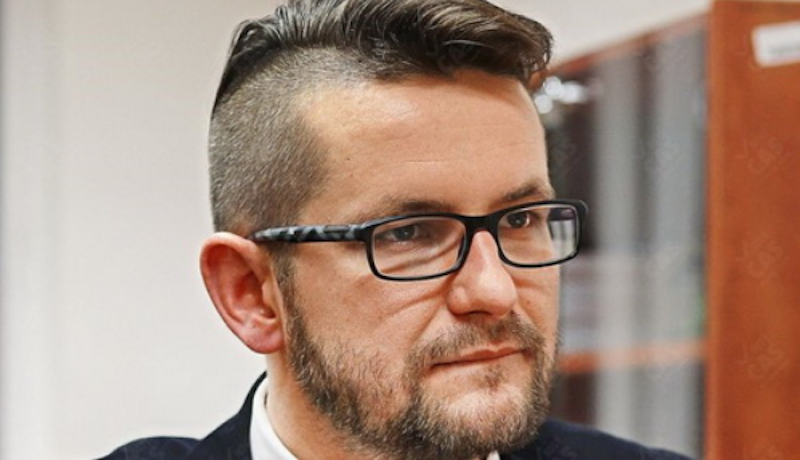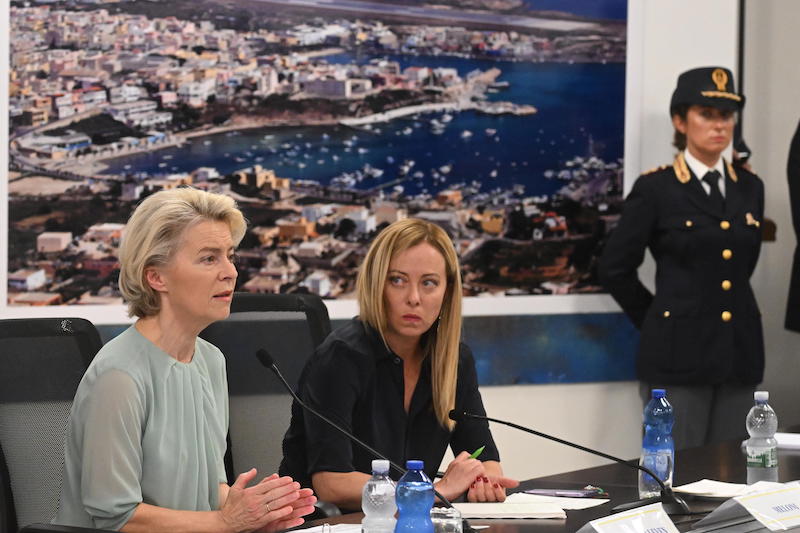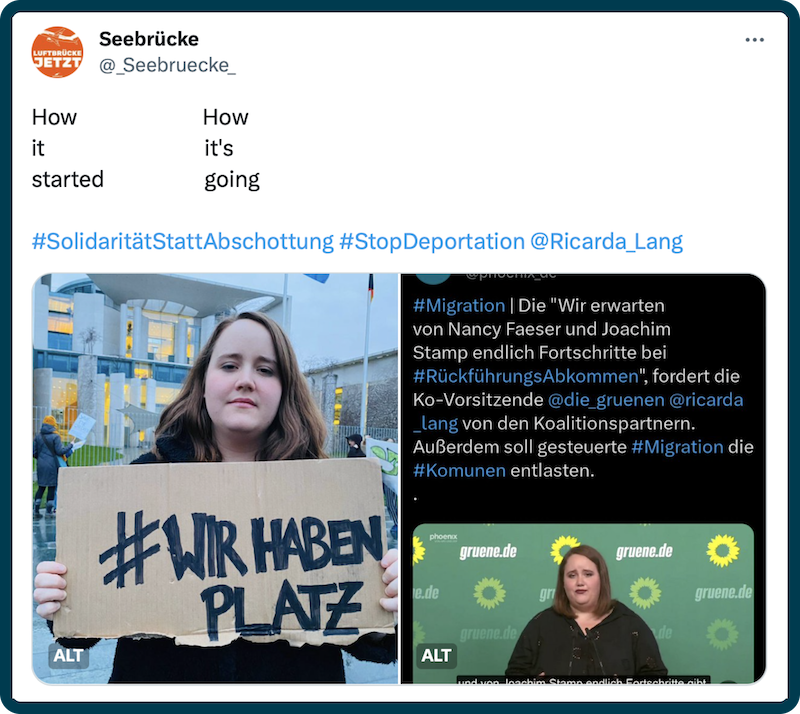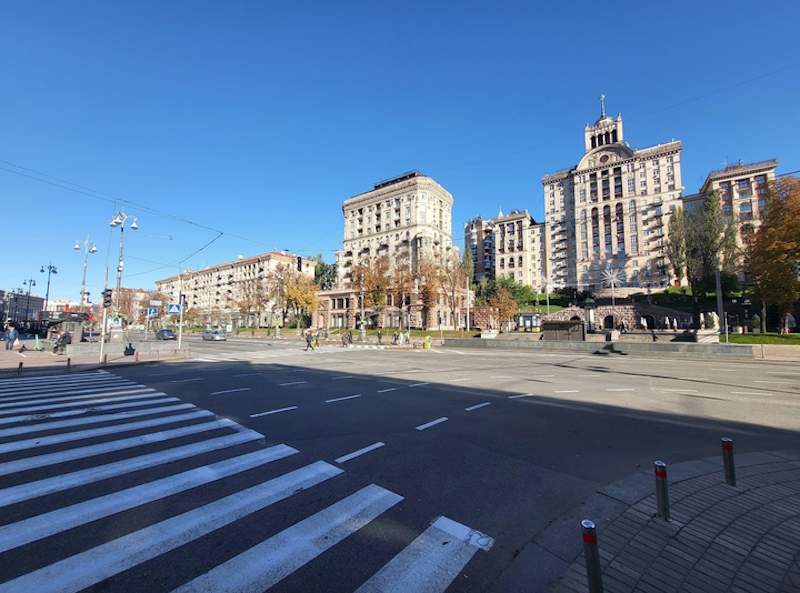Jozef Lenč is a political scientist who teaches at St. Cyril and Methodius University in Trnava and often analyses politics in Slovakia for the local media.
According to a new Ipsos survey, illegal immigration is one of the biggest concerns of Slovakians, ahead of the parliamentary elections. Some parties have focused on this issue, especially the former ruling party Smer, which is leading in the polls. Why is this?
The narrative on illegal migration can help any political party that can properly grasp this topic, including parties that have positive solutions to the migration crisis. Most often, however, political parties of the extreme or alternative right try to gain popularity through this kind of topic.
In the case of Smer [left-wing populists], they have understood that this could be a way to exploit the current mood in society, and it can cover-up investigations into corruption or the need to tackle the country’s economic problems.
Why has the issue of illegal migration resonated among politicians and in the media for several weeks?
The topic of illegal migration will stay here for a long time. But if something spectacular does not happen in this regard, the topic will disappear due to others presented by the extreme and alternative right-wing parties, like the protection against liberalism.
Political parties and the interim government partially blame Smer for today’s migration problem (from its time in office), but this has not harmed this party. Why?
The effect of the possible cancellation of the ‘confirmation’ [On the basis of a law passed by the Smer government, Slovakia issues a confirmation letter to illegal migrants, which allows them to stay in Slovakia for a certain period of time, but does not guarantee them the right to stay in the Schengen area] would only see results in a few months. Some voters may not have even noticed these confirmation letters, and it is enough for them that Smer leader Robert Fico is now pointing to illegal migrants.






